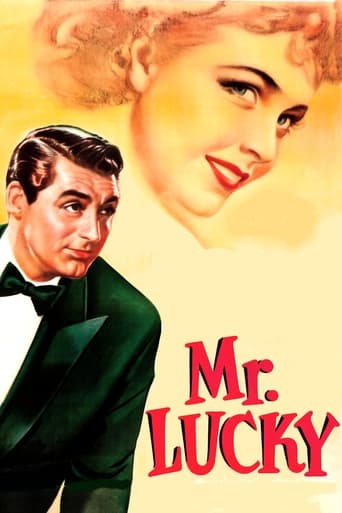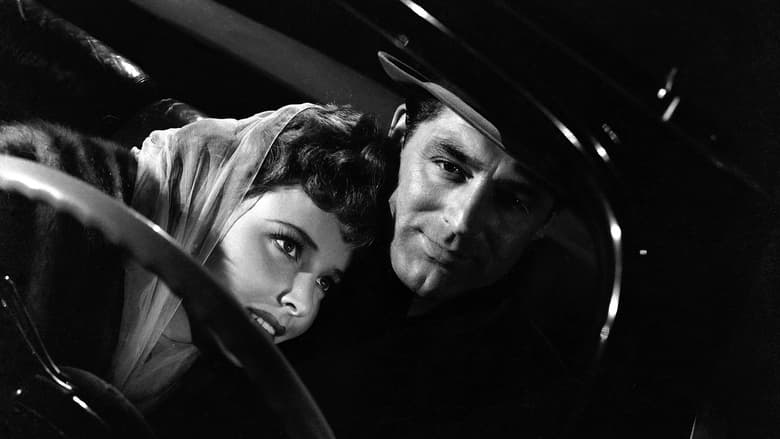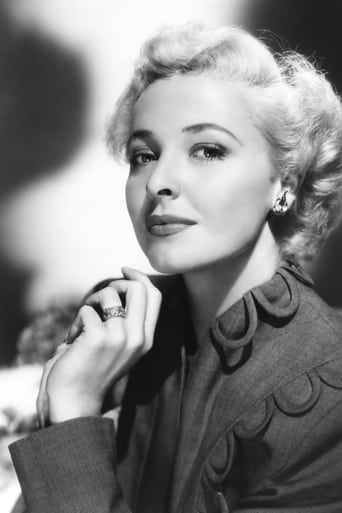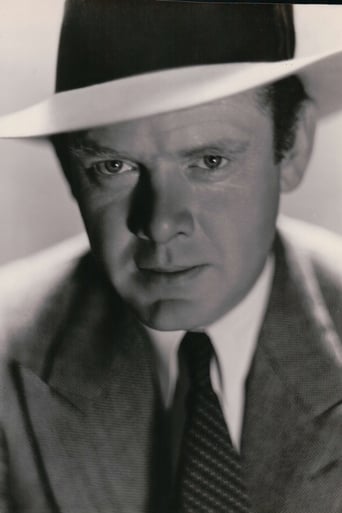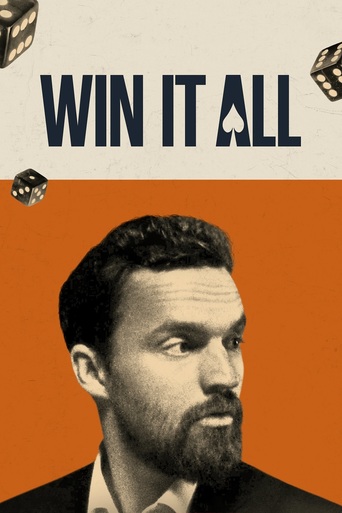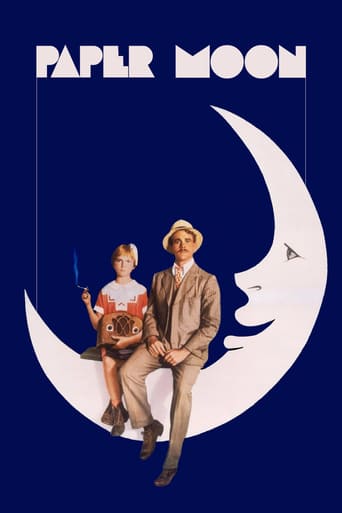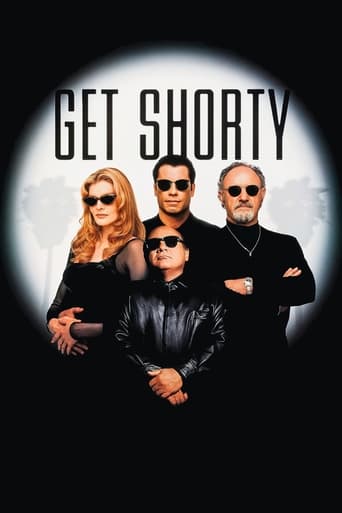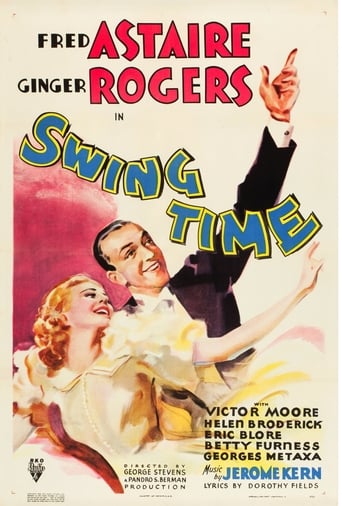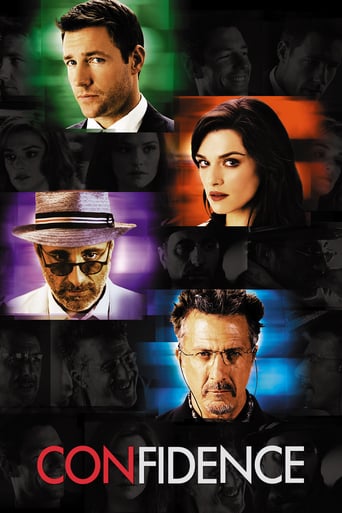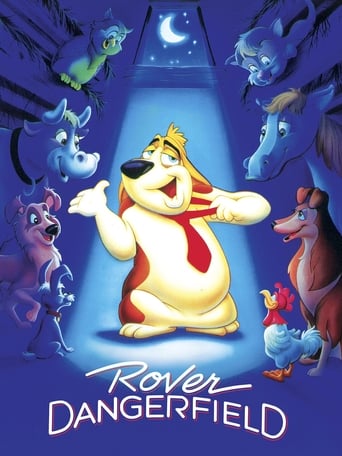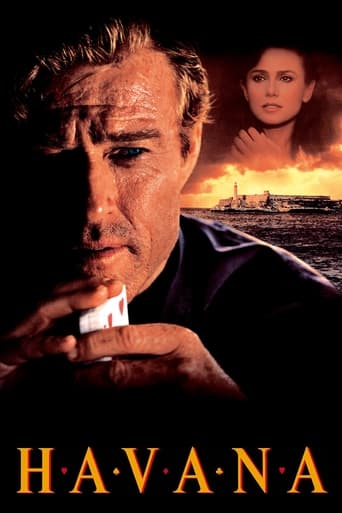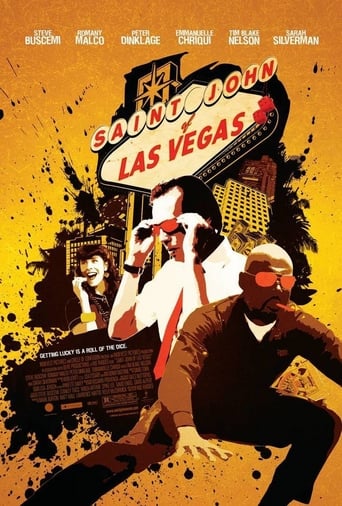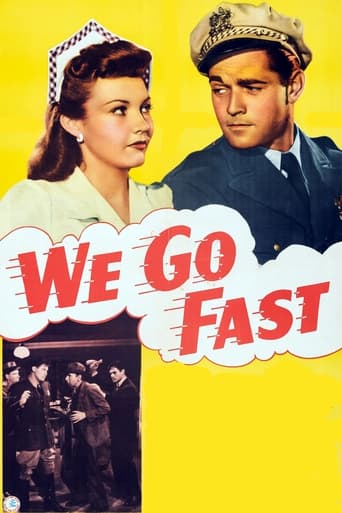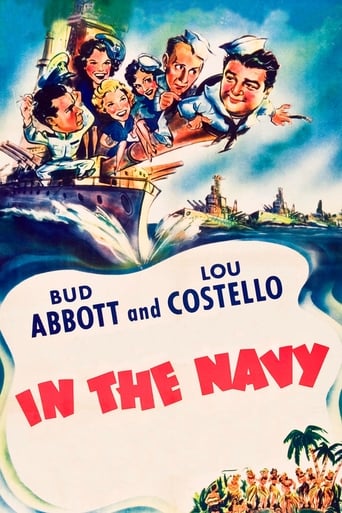Mr. Lucky (1943)
A conman poses as a war relief fundraiser, but when he falls for a charity worker, his conscience begins to trouble him.
Watch Trailer
Free Trial Channels
Cast


Similar titles
Reviews
Charming and brutal
Very interesting film. Was caught on the premise when seeing the trailer but unsure as to what the outcome would be for the showing. As it turns out, it was a very good film.
Blending excellent reporting and strong storytelling, this is a disturbing film truly stranger than fiction
One of the worst ways to make a cult movie is to set out to make a cult movie.
Accustomed to Cary Grant's accustomed screen image as a debonair hero, it might appear somewhat difficult to accept him as a professional gambler wanting to fleece a group of well-meaning New York socialites out of their dollars for the purposes of war relief.The fact that the actor carries off is a testament to his virtues as a performer. We know he is at heart unscrupulous, but we understand his basic integrity, especially when he subjects himself to unwanted knitting lessons in the Ladies' War Relief HQ. The way he deals with the overbearing Mrs. Every's (Florence Bates's) attempts to help him knit and purl is a memorable sequence.Grant is a trier; if he can not get the girl the first time, he will try every single strategy to woo her. This time it is strait-laced Dorothy Bryant (Laraine Day); the two of them are brought together in another memorable sequence comprised entirely of rhyming slang taking place in a gents' outfitters. Grant reveals his roots in music-hall as well as popular culture, both in Australia as well as Great Britain; there was far more to him than meets the eye. In a memorable diatribe against Dorothy later on, he criticizes the petty bourgeoisie who patronizingly take up working-class characters such as himself without really understanding how they feel. The speech, passionately spoken direct to camera, recalls Grant's own humble beginnings before he made it big in Hollywood.Eventually the course of true love - and morality - ends up running smooth, with Grant's gambler discovering the error of his money- making ways and allowing the Ladies Relief Fund to have their finances and thereby finance the European war effort. Meanwhile Grant volunteers for active service, even though the United States had technically not entered World War II when the action was ostensibly set.H. C. Potter's work veers between moments of pure comedy and seriousness, as it makes the point about the need for everyone worldwide to pull together during times of global upheaval. There are a clutch of memorable cameos, notably from British expats Gladys Cooper and Henry Stephenson as two of Dorothy's closest intimates, and Alan Carney as Grant's knitting sidekick-cum-chauffeur Crunk.
Cary Grant is my favorite actor. I've had a crush in him since seeing his movies on TV as a little girl. Most of my very favorite movies star the great Cary Grant and his plethora of beautiful leading ladies. So with an almost 40 year crush on Cary Grant and having seen almost all of his films, imagine my surprise when I discovered a new Cary Grant film which jumped near the top of the list of my favorite Grant movies of all time on my first viewing!MR. LUCKY is a delightfully complex film. It has crime, drama, war, con-artists, socialites putting on charity balls, gambling, drama, romance, comedy, knitting, cockney rhyming slang, and most of all, heart. It's a redemption story told against the backdrop of the home front efforts in World War II. The men have a plan and the women have a plan. You'll have to watch to see who prevails, but it is a romantic comedy after all, so the answer is pretty obvious.What isn't so obvious is Mr. Cary Grant. If you think you know Grant from his numerous comedic and occasional tough guy roles, then you're in for a real treat as you experience this film for the first time. It's one of those movies that is so good, I wish I could see it again for the first time. Grant is spot-on perfect as the crooked gambler Joe. Laraine Day is unusually perfect as his leading lady. I wasn't sure how I'd like her paired with Grant, but they have marvelous chemistry and delightful repartee. Two of my favorite character actors are Charles Bickford and Gladys Cooper who shine in their supporting roles. But ultimately, Cary Grant, as he always does, steals the show. He can't help it. He's Cary Grant. However, he's not playing the perfectly suave ladies' man. He's a tough guy who learns through his crooked dealings with some kindhearted women that he has a heart, too.As a drooling admirer, I'm not sure he ever looked as good as he does in this film (especially in his early years as an actor). He also let's a little bit of his Mid-Atlantic accent go and gives us a touch of his British side. It's endearing and unusual for Grant. If anyone ever thought Grant was underrated as an actor, then here is a case for it. You don't even realize you're watching Cary Grant, and that's hard for almost any fan to forget despite his wonderful acting and diverse roles. He's fully transported into the character and he brings us right along for a real surprise.
I will not provide yet another synopsis. However, the story is told by a sailor (who we learn is Swede) to a watchman late one night on a foggy wharf as a flashback. I thought the movie moved slowly, with none of the clever dialog necessary to sustain a high level of interest in this kind of "talky" plot.The story has enough side plots to keep things interesting. After their falling-out Grant's ex-partner is clearly not to be trusted. But, until the end, the scheme that he has hatched is unclear. This subplot maintains a good level of dramatic suspense. Grant is forced to flee from his associates who try to break down a door to get at him. He then uses his old friend and shipmate, Swede, to convey to Laraine Day the gambling proceeds he has saved from the clutches of his old gang. Charles Bickford is quite good as the faithful friend, occasional medic and stoic but ultimately sentimental shipmate, Swede. (As an aside to another commentator: I have no idea how you conceived of Swede as ever being menacing! I think you must have seen another movie!)It is the love story subplot that doesn't work well in this movie. Cary Grant and Laraine Day never seem to connect. I never really felt any chemistry between them. Consequently I was never gripped by the hope that they would get together - except possibly for the sake of Laraine Day's longing.I am a fan of Laraine Day (whose eyes are mesmerizing, as has been observed), and she was never more beautiful than she is in this role. I liked her in this film.I am a bigger fan of Cary Grant, and I found this role rather interesting. But the movie ultimately fails to satisfy because of Grant's acting (possibly due to the director). His role, Joe, is a male counterpart to the con artist played by Barbara Stanwyck in The Lady Eve. But Stanwyck's growing emotional involvement with her "mark," Henry Fonda is palpable. We see her struggle to reconcile her emotions with her other competing motives. By contrast Grant fails to convey any sense of GROWING emotional involvement with Laraine Day. Grant really appears to be concerned only with his fraudulent scheme to launch his gambling boat - ultimately at Day's expense. It is only when they arrive at Day's old Maryland family home and he hears her confession of love that he seems to suddenly convey any emotional involvement with her. Thus, it seems like a forced reaction. Later, at the film's climax he doesn't seem to dance with her at the "charity ball" with anything on his mind other than how to unweave the web he has spun. He doesn't convey any sense of emotion toward Day or any notion that it might be the last time he will ever hold her in his arms. He has other serious concerns, to be sure (which he conveys well), but there is no sense that she is also in his thoughts, much less in his heart. It is only in the scene toward the end when he pulls away from the dock (and away from the tearful Day) that he seems to express his emotional involvement in a very heart-felt way. By contrast, Day's involvement with Grant evolves gradually. We see her warm to him, even while rejecting his idea for a gambling night gala. And when he tells her the fabricated story about his family in Greece, struggling against the German invasion, we see Day's attitude shift. Her emotions begin to swell visibly for him after that.As one commentator has noted, perhaps audiences in 1943 laughed at times during this film. I may have smiled a couple of times at those junctures. As a 53-year old viewer in 2007, I must disagree with the characterization of this film as a comedy. Perhaps people characterize it as such because they can only think in terms of comedy or tragedy. This is NEITHER - it is a drama. For my tastes, I didn't find it melodramatic in the least. Nor did I find it heavy or depressing. This is simply a light, romantic drama - full of more tense moments than comedic ones.IF this movie were a comedy, the scene in which the police detectives sent by Laraine Day's father (Henry Stephenson) to Day's office might have been very funny. Instead, it is played straight and serious, with Day and Grant transformed into a couple of spies communicating in impromptu code (actually "Australian" slang, which is really rather interesting).The best scene is Cary's "repentance" in the church. The priest reads him a letter addressed to the dead man whose identity he has assumed. It is a scathing, heartbroken letter from the man's mother, and Cary listens to the priest, realizing it could have actually been written to him.Decent story, decent acting, very good cinematography all under the guidance of a director who didn't seem to have a steady hand at the tiller. I really wanted to like this movie a lot. Instead, I found some of its elements interesting, but the movie as a whole disappointing - though definitely watchable. (I wasn't tempted to rush out and buy the DVD!)
This is really a wonderful and somewhat surprising film. Grant plays against type, at least if you think his type is the suave, urbane lover boy who has never taken a false step...The real surprise for me, though, is how strong Day is in this film. She is photographed beautifully; the cinematographer made sure she had a strong eye light in nearly every scene and she looks stunning. But more than that, she just seems totally on her game and involved. Perhaps some of that credits goes to Grant, who seems to be having fun with the whole thing.Ron

